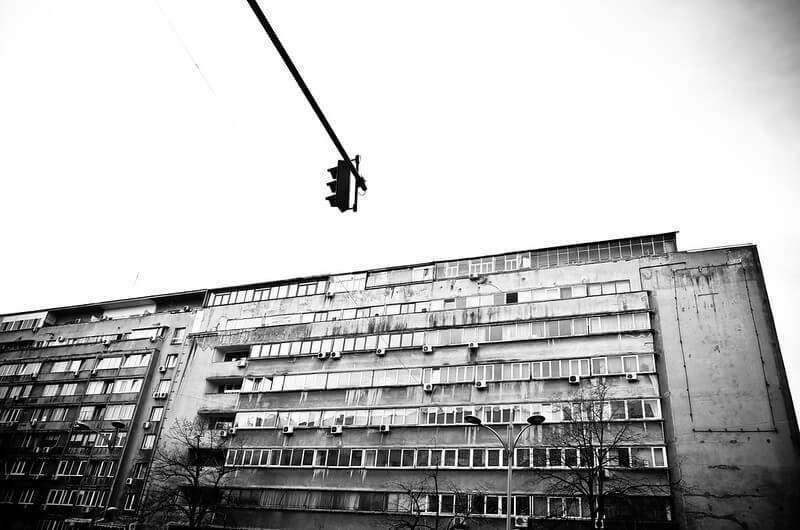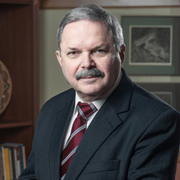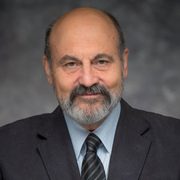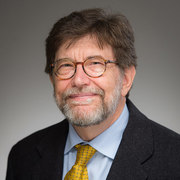
The Nanovic Institute for European Studies at the University of Notre Dame will host a three-day virtual academic conference on “The Trauma of Communism” from Tuesday, June 29 to Thursday, July 1, 2021.
The conference is organized by the Nanovic Institute in collaboration with its partners from the “Catholic Universities Partnership” with Central and Eastern European Catholic Universities. The conference will also be generously supported by the William M. Scholl Chair of International Affairs, University of Notre Dame through its current chairholder, A. James McAdams.
Description and Background
The experience of decades of communism in a number of Eastern and Central European countries behind the iron curtain and its subsequent collapse has left long-term consequences. Political frameworks impact not only individual life structures but also the inner lives of persons.
A number of categories have been suggested to talk about this experience, for example: “loss of privacy,” “missing adolescence,” an “impersonal self,” “self-censorship,” “a permanent sense of fear,” “human compromises. . . .” Today, there seems to be a generational dynamics of memory oscillating between trauma and nostalgia.
Our conference seeks to explore the traumatization through communism. Communism led to the deprivation of political and personal freedoms, the silencing of certain discourses and even disciplines, the control of culture, forms of epistemological violence, and the suppression of religion. The private sphere and the lifeworld were colonized by the system; interpersonal trust was made difficult because of a system of denunciation and control. The propaganda story of Pavlik Morozov is a good illustration of these dynamics.
There is the trauma of communism, but there is also the trauma of transition and post-communism with its rapid and deep social and ideological transformations. A reflection on the trauma of communism will also affect our thinking about the future of liberal democracies.
Read the story "Bearing witness"
The conference seeks to reflect on three questions:
- What was the trauma of living under communism? How did people try to cope?
- What was the trauma of living during the transition? How did people show resilience?
- What can we learn from the ways people tried to respond to the traumatizing experiences?
The main focus of the conference will be personal experiences and eyewitness reports. Within this focus, we are particularly interested in the lives of Catholics, the role of the Church, and the responsibilities of Catholic universities.
The contribution of this conference would be a “thick description” of the trauma of communism, an account of personal experience and the perspective of everyday life.
We would like each paper to involve eyewitness testimony of some kind. The conference is connected to our “Faith and Freedom” project with its emphasis on interviews with eyewitnesses.
The conference will produce an edited volume, which will be published with the Ukrainian Catholic University Press.
Conference Schedule
Times are U.S. Eastern; see time conversion below. Updated April 23, 2021.
Tuesday, June 29

7:45 am - Moment of Recollection and Reflection
8:00 am - Welcome and Introductions
8:10 am - Keynote I: The Reincarnation of Forgotten Communist Crimes into New World Evils
Myroslav Marynovych
Vice-Rector for University Mission, Ukrainian Catholic University
9:00 am - Break
9:05 am - Panel I: The Experience in Georgia and Ukraine
10:30 am - Adjourn
Wednesday, June 30

7:45 am - Moment of Recollection and Reflection
8:00 am - Panel II: The Experience in Hungary and Poland
9:25 am - Break
9:35 am - Panel III: The Experience in Croatia and Slovakia
11:00 am - Break
11:10 am - Keynote II: The Church's Experience of Communism and Post-Communism in the Heart of Europe
Tomáš Halík
Professor of Sociology of Religion, Charles University
12:00 pm - Adjourn
Thursday, July 1

7:45 am - Moment of Recollection and Reflection
8:00 am - Keynote III: Catholic Universities, Communism, and the Legacies of Intergenerational Trauma
A. James McAdams
William M. Scholl Professor of International Affairs, University of Notre Dame
8:50 am - Break
9:00 am - Student Presentations from the "Faith and Freedom" Project
9:50 am - Break
10:00 am - Panel IV: Pathways towards the Future
11:25 am - Break
11:35 am - Concluding Remarks and "Lessons Learnt"
11:45 am - Adjournment
| Notre Dame (ET) |
Budapest / Lublin / Ruzomberok / Zagreb |
Lviv | Tbilisi |
|---|---|---|---|
| 8:00 am | 14:00 |
15:00 |
16:00 |
| 9:00 am | 15:00 | 16:00 | 17:00 |
| 10:00 am | 16:00 | 17:00 | 18:00 |
| 11:00 am | 17:00 | 18:00 | 19:00 |
| 12:00 noon | 18:00 | 19:00 | 20:00 |